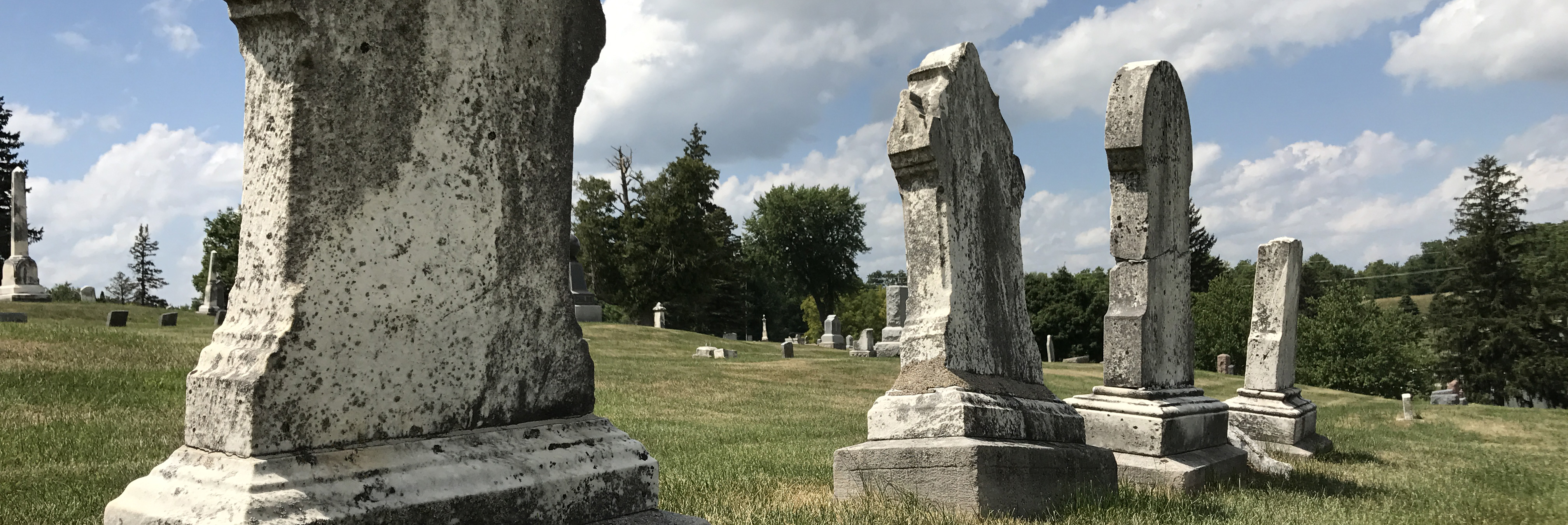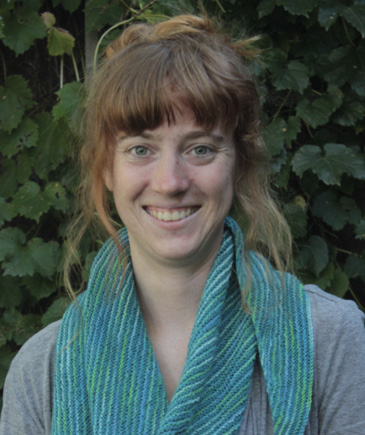Mother
Addie DeBow Raulston
1853 – 1943
Daughter
Sena Miles DeBow
1884 – 19__
It wasn’t like they were saying out west. Her daughter said the house had chinks she couldn’t find. Her daughter said she’d given up cleaning, that her hands bled, wind-burnt and cracked. Storms of dust finer than flour, her daughter said, and Addie thought of the cakes of hardtack she’d made with the meager season’s cabbage. Flour and kraut, dried into shale fit to break human teeth, she steamed them back to a palatable consistency over the water boiling for her husband’s coffee. What they called coffee these days. He complained that some of the flour dusted down into the water. Her sons complained of sore jaws, all that chewing. To her daughter out west she complained how loose her wedding band had become on her thinning finger, that one day she just might lose it. “Come home,” she wrote to her daughter. The next time she made hardtack, her daughter did.
Sena left her husband in Nebraska. Left his name just west of the Mississippi. For her first month back, her mother clung to her like she had once clung to her mother. When the crops stopped cheating them and their corn and savings started once again to grow, her father went to the big cemetery in Columbus and reserved a double plot for him and his Addie. When he died the next year, her mother lowered him into a plot in the town church cemetery. She paid for engravings on the double plot in the capital: just herself and her daughter. “We didn’t need men when we entered this world and we won’t need them when we leave.” Her mother was like an October stalk of corn by the time she went. To help with grief, Sena took a trip to Massachusetts. She did not return.
Catharine Poorman
Died Aug. 3, 1858
Aged 68Y. 5M. 16D.
John Poorman
Died Feb. 20, 1839
Aged 55Y. 4M. 13D.
She dreamed of a down mattress instead of clover straw the cows had turned down. He dreamed of healthier children, sons working the field. She dreamed of a city made of brick with shops to walk to. He dreamed of a self-fixing wagon that never got stuck in the mud. Some nights she went to bed so tired she dreamed of nothing at all. Or else she dreamed of chicken feathers pasted to her hands and arms like glue. He dreamed of tuberculosis. She dreamed the doctor pulling another blue infant out of her. He dreamed of the cows breaking the fence and trampling the strawberries. She dreamed of the bruise she’d seen halfway up her sister’s arm. She dreamed of climbing Mount Pleasant and looking out onto Lancaster, onto the southern hills, onto the yet un-tamed world beyond, and on every square inch of land, men and women and children buzzed like locusts.
Mother
Louise Holycross
1878 – 1942
Mother
Jane Cox
1873 – 1948
Our whole lives, we never did a thing without the other knowing. When we were children, I helped Louise watch her siblings while our mothers cleaned the church, on account of her being too young to really care for them alone. I told her about my first menses when it came, about the fearful things I heard my brother yell at Ma. I let her try on my corset and, since I only had brothers, I passed her down my dresses. She told me about a boy she fancied and swore me to secrecy on the day she left the chicken coop open and the coon got in. We even had this idea of getting married on the same day, but when I got engaged, Louise was still only fourteen and her mother wasn’t about to let her pick a man when there were so many other children in the house who needed caring after and the family butcher shop in need of sweeping.
She taught me how to pick a good cut of meat and, when times were scarce, which parts of the animal they didn’t sell that a person could still eat. When her own proposal came, we hemmed my wedding dress and let out the bosom. We resolved to get pregnant at the same time. The doctor estimated Louise beat me by twenty days. She didn’t have any children yet and I had two, which meant she had more time with her husband to work toward our goal.

Hazelwood Cemetery, Grinnell, Iowa. Photo by Emily Mamrak
We went to every funeral together, every party. We even exchanged invitations for family reunions. We baked together. We sat in the butcher shop and mended. When my marriage vows started feeling like a hand on my throat, Louise massaged my neck and said, “I hear you, sister,” and told me about a young man with glaucoma in one eye who gave her that smile women know each time he came into the shop. I told her about the man who had written a letter to me in secret. “Of course I burned it in the stove,” I said. She nodded. We started our affairs within the month. When we left our husbands, we coordinated that too. We reserved a double plot at the cemetery. Our children knew what to do.

Hazelwood Cemetery, Grinnell, Iowa. Photo by Emily Mamrak


